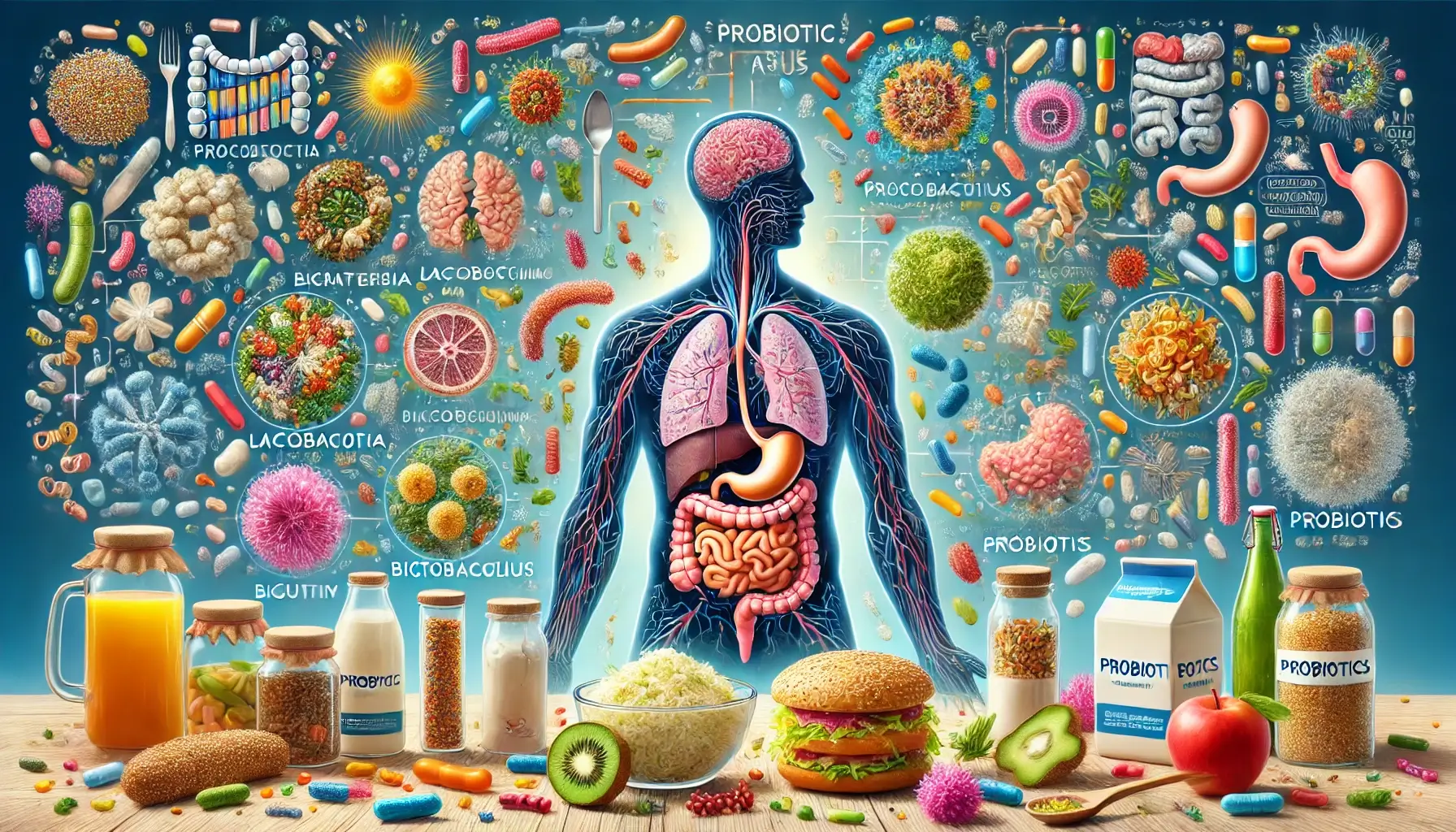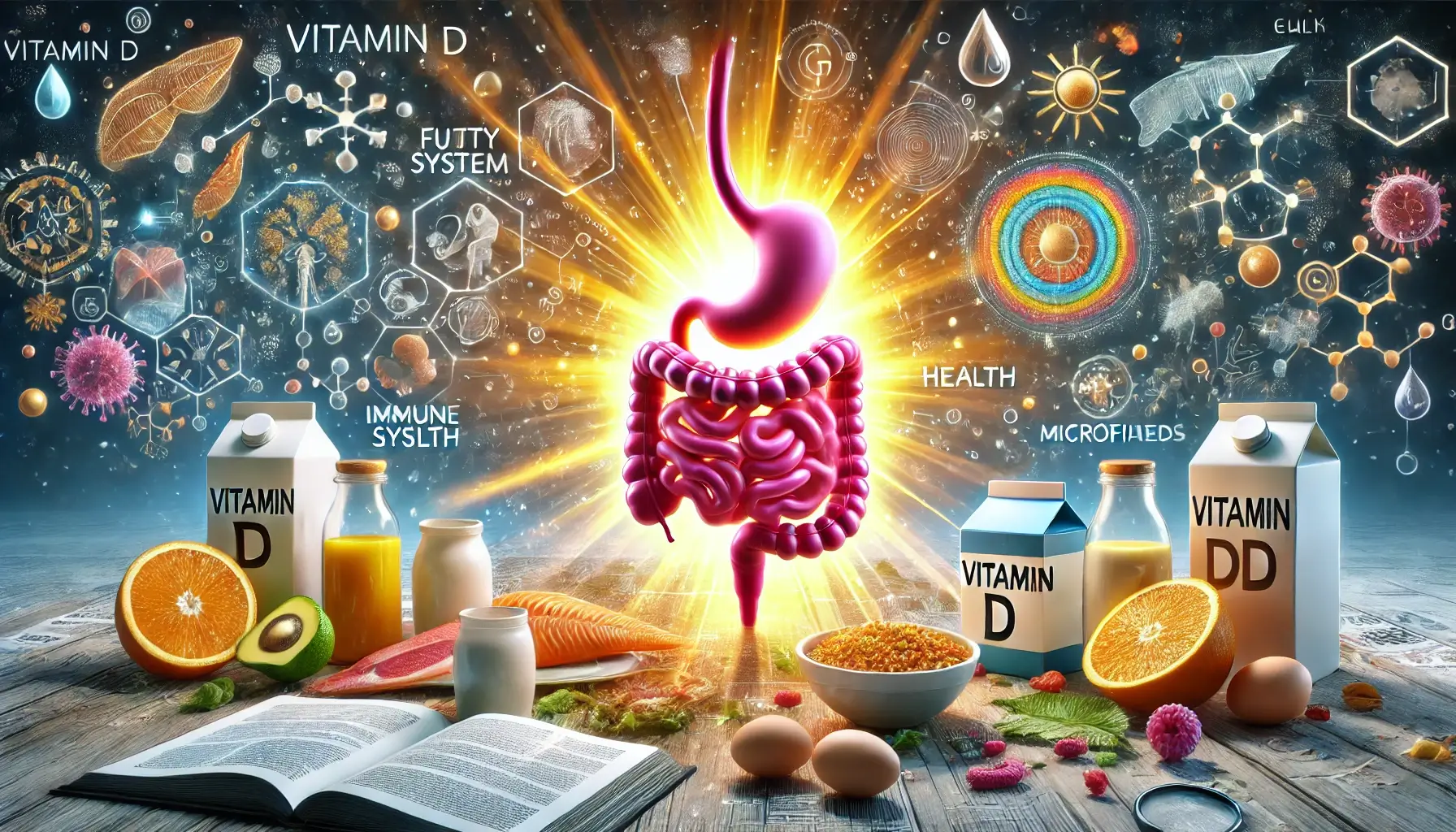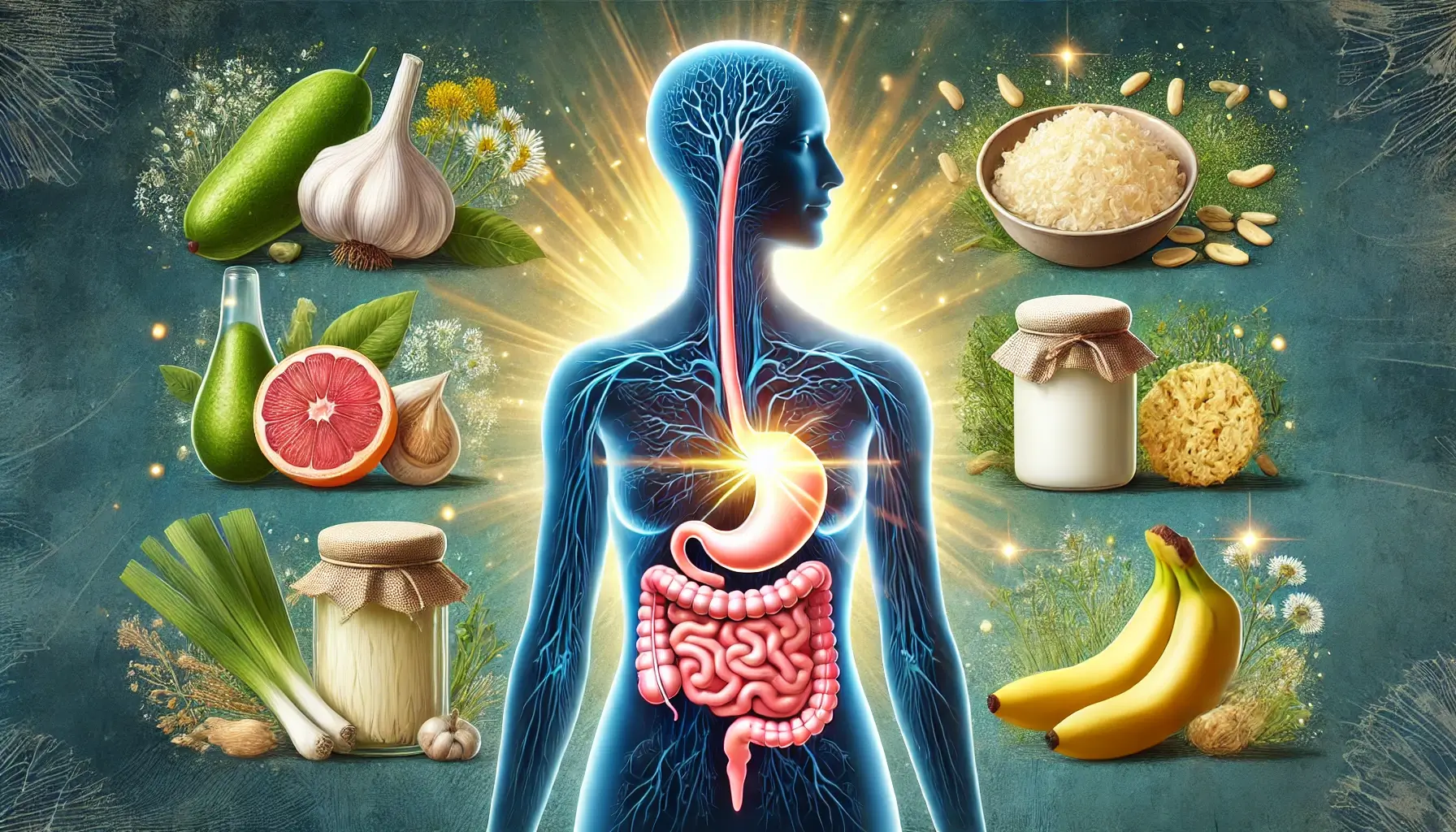Gut Health Revolution: How Modern Probiotic Science Is Transforming Wellness
Understanding the Human Gut Microbiome
The human gut is a remarkable ecosystem, hosting trillions of microorganisms that significantly influence health. Collectively known as the gut microbiome community of bacteria, this community of bacteria, fungi, viruses, and other microbes performs critical functions such as digesting food, synthesizing vitamins, supporting immune defenses, and regulating mood. Maintaining a balanced microbiome for overall well-being, and disruptions to this balance—due to factors like stress, diet, antibiotics, or illness—can lead to conditions such as irritable bowel syndrome (IBS), weakened immunity, and mental health issues.
The Role of Probiotics in Gut Health
Probiotics, live microorganisms that confer health benefits when consumed in sufficient amounts, have become a cornerstone in gut health management through dietary supplements. Available in fermented foods and dietary supplements, these beneficial microbes help restore balance in the gut and enhance digestive and systemic health. However, choosing the right probiotics requires understanding the unique properties of different strains and their specific benefits.
Introduction to Probiotic Science
This article explores the science of probiotics, detailing how they impact gut health and examining recent advancements in therapeutic applications. By understanding these benefits and learning how to integrate probiotics into daily routines, readers can take proactive steps toward achieving optimal gut health.
Fundamental Mechanisms of Probiotics
Probiotics exert their health benefits through various mechanisms, including: Enhancing gut barrier integrity to prevent harmful substances from entering the bloodstream. Producing short-chain fatty acids (SCFAs), which promote a healthy gut environment. Modulating the immune system to reduce inflammation and improve resistance to infections. The benefits of probiotics are often strain-specific, making it essential to select strains based on individual health goals.
Understanding Lactobacillus Strains
Lactobacillus rhamnosus (LGG): Known for its ability to manage acute diarrhea and gastrointestinal infections, LGG has also shown promise in boosting immune function and alleviating symptoms of anxiety through the gut-brain axis. Lactobacillus casei: This strain aids digestion and reduces bloating, particularly in individuals with IBS. Research also supports its role in alleviating symptoms of lactose intolerance.
Benefits of Bifidobacterium Strains
Bifidobacterium longum: With anti-inflammatory properties, B. longum supports digestive health and is effective in managing IBS with constipation. Clinical studies highlight its role in enhancing gut barrier function and reducing abdominal discomfort. Bifidobacterium breve: This strain is frequently used in pediatric applications to support infant gut health and reduce colic. It also promotes gut integrity and helps alleviate inflammatory conditions in adults.
The Power of Saccharomyces Boulardii
A probiotic yeast resistant to gastric acid, S. boulardii is effective during antibiotic treatments. It restores gut flora during antibiotic treatments and prevents antibiotic-associated diarrhea, making it a valuable option for maintaining gut balance during medical treatments.
Latest Research in Probiotic Benefits
Probiotic research continues to reveal their broad-ranging health benefits: Mental Health: Probiotics play a vital role in the gut-brain axis, influencing mental health. Studies have shown that strains like Lactobacillus helveticus and Bifidobacterium longum can reduce stress and anxiety, highlighting the connection between gut health and emotional well-being.
Immune System and Metabolic Impact
Immune System Support: Probiotic strains such as Bifidobacterium infantis enhance immune defenses, reduce inflammation, and may play a role in managing autoimmune diseases such as Crohn’s disease and ulcerative colitis. Metabolic Health: Probiotics are increasingly recognized for their role in weight management and metabolic disorders. A meta-analysis in Frontiers in Nutrition found that Lactobacillus gasseri supplementation reduces abdominal fat and improves markers of metabolic syndrome.
Daily Probiotic Integration Strategies
To maximize the benefits of probiotics, consider these strategies: Select Specific Strains: Choose probiotics tailored to your health goals. For instance, those seeking digestive support may benefit from Bifidobacterium longum, while Saccharomyces boulardii is ideal during antibiotic treatments. Combine Probiotics with Prebiotics: Prebiotics, found in foods like garlic, onions, and bananas, provide the fuel probiotics need to thrive. Include Fermented Foods: Naturally fermented foods such as yogurt, kefir, sauerkraut, and miso are excellent sources of probiotics and other nutrients that promote gut health. Consult Healthcare Professionals: Always seek professional guidance to ensure the probiotics you choose align with your health status and medication use.
Concluding Insights on Probiotics
Probiotics are a powerful tool for maintaining a balanced gut microbiome and supporting overall health. With their proven benefits in digestion, immunity, mental health, and metabolic processes, probiotics have earned their place as an essential component of wellness strategies. By understanding the specific effects of various strains and incorporating probiotics into a balanced diet, individuals can unlock the full potential of these remarkable microorganisms. A healthy gut is the foundation of a healthier, more resilient body and mind.













